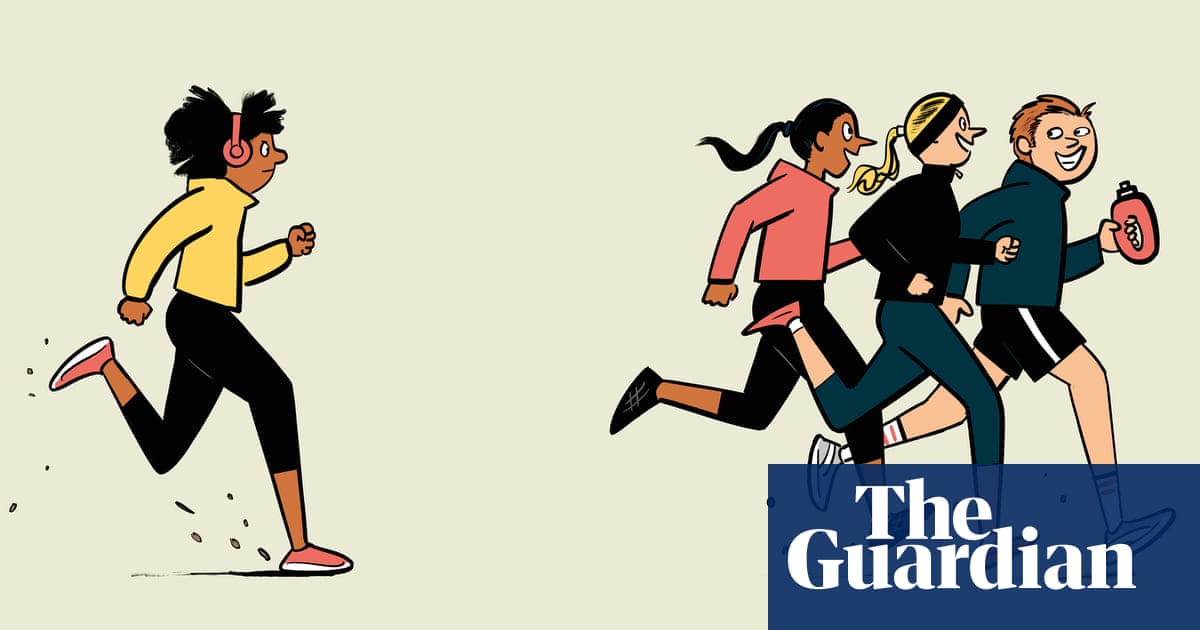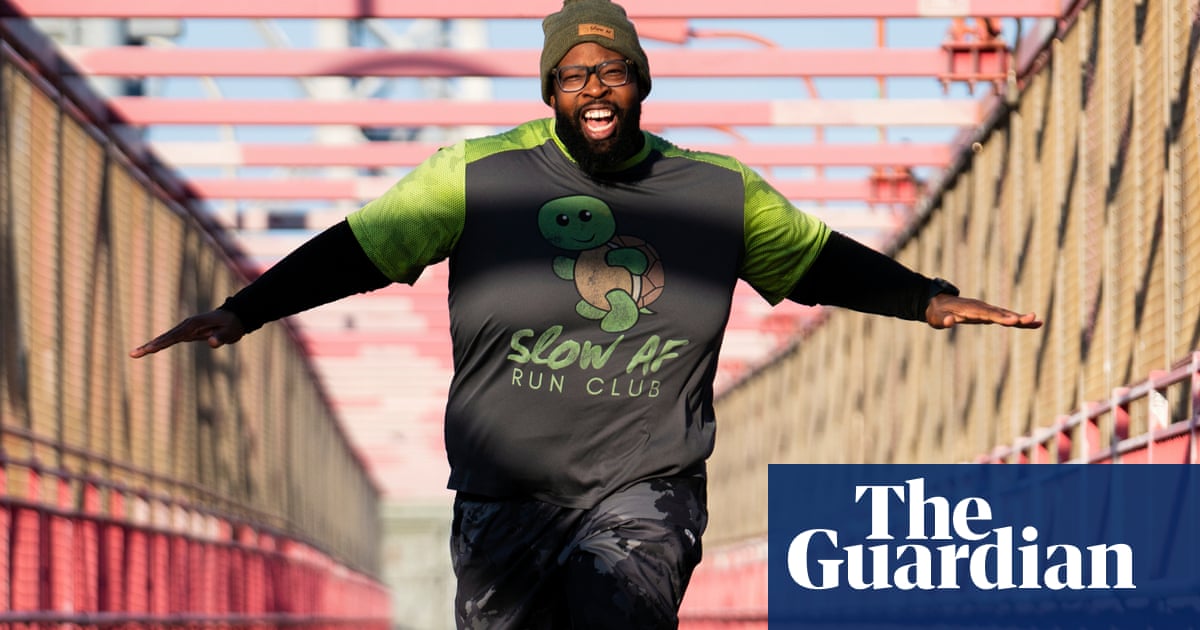
started England’s second lockdown last year with good intentions: I was broke and underemployed, and since it didn’t look like my economic circumstances would be improving anytime soon, I was determined to emerge from the pandemic rich in cultural capital. I decided to work my way through the British Film Institute’s directors’ poll of the 100 best films ever made and soon I was watching arthouse films like there was going to be an exam at the end of the pandemic. This wasn’t purely about self-improvement: many of these films I found straightforwardly entertaining or moving, while some were more challenging (ie boring) but rewarding in different ways. It felt like a good use of time. But then, one Friday evening, it all came crashing down: my younger brother suggested that we watch Captain America: The Winter Soldier, on the tantalising promise that it was “not as bad as you might expect”.
Prior to this, it wasn’t so much that I disliked Marvel films but that I’d staked a claim in being the kind of person who didn’t watch them. I opposed them as a symbol of cultural decline, a phenomenon that had destroyed cinema (I was at least partly correct on both counts – Hollywood’s seeming inability to think of anything new can be traced back in part to the franchise’s success). That night, I was sceptical but curious. In the end, the film wasn’t exactly a revelatory experience, but I enjoyed it well enough. Before I knew it, I had watched more than 20 of them in a month-long frenzy.
After a certain point, I recognised that I was doing this because I was enjoying it. I liked making fun of the films (I’ve never laughed harder at a film than when, during a pivotal fight scene in Captain Marvel, Brie Larson’s character rejects the pseudonym that her alien captors have given her and defiantly declares, “My name … is …Carol!”) while also getting sincerely sucked in: during Ant-Man, I was moved to tears by the death of a not-even-anthormophised insect called Ant-thony Now, having seen almost all of them, I have a balanced view. In their favour: they’re zippy and well-paced, up until their bloated final acts. They can be funny. The narrative ambition to link all of these stories together, taken as a whole, is impressive. Most of all, I enjoyed the scenes where characters show up at well-timed moments: just when all hope is lost … here comes Doctor Strange! I found moments of them genuinely stirring, even as I felt embarrassed by the goosebumps on my arm. Martin Scorsese’s criticism of the Marvel films as akin to “theme parks’’ was both accurate and not necessarily an insult.
As for the bad: they’re visually hideous, with the possible exception of Black Panther, and their politics are terrible, the moral lesson almost always being: the American military is really cool. This is more than just incidental: Marvel has collaborated with the Department of Defense on a number of films. While the villain of Captain America: The Winter Soldier is ostensibly the US deep state, this is only because it has been infiltrated by a fictional organisation headed up by a Swiss robot. You don’t have to agree with a film’s politics to find it enjoyable but we don’t have to pretend, as regular Marvel directors the Russo brothers recently claimed of the Avengers films, that they represent “a powerful political tool”. Maybe for the Pentagon. Do I regret the hours I spent watching them? Not really. I was so addicted to my phone at the time that doing literally anything else, even watching the trashiest film, felt as restorative as attending a monastic retreat.
The Marvel films forced me to ask myself an uncomfortable question: “What will I actually enjoy watching more tonight: something good or something bad?” What did it say about me that the answer was so often the latter? I swapped self-improvement for self-knowledge. I came to accept that I was not especially sophisticated, and that most of the time I just wanted to be entertained. This isn’t a sin but it’s hardly a virtue. But the most crushing realisation of all was that whether I chose to watch a Fellini film or Ant-Man and the Wasp was a decision of no consequence whatsoever. I was betraying nothing, there was no contradiction, nothing to reconcile. Really, I was just another schmuck enjoying the most successful franchise of all time, films that have been precision-engineered to be as entertaining as possible. It was a pleasure as easy and obvious as drinking Coca-Cola, and just as morally implicating.
That said, I can’t quite shake off the guilt that comes with this guilty pleasure – which I can file alongside dairy products and the music of Azealia Banks. This is a concept that has fallen out of favour in recent years owing to the lingering influence of poptimism: the school that celebrates and affirms the value of mass-produced culture. No pleasure, we are told, should be guilty. But there’s a value in holding on to ambiguity, and recognising that your emotional reaction to something is not necessarily a barometer of quality. This will at least save you the embarrassment of insisting that the Marvel films are high art or politically useful, or claiming, as some have done, that superhero films can be a tonic for our political divisions.
As it looks like lockdown is coming to an end, and I have less need to self-medicate with easy entertainment, I’m hoping that this lingering guilt will spur me on to better uses of my time. A new Marvel series came out last weekend, The Falcon and the Winter Soldier, the villain of which is an anarchist collective called the Flag-Smashers who are intent on ridding the world of borders (how frightful!). It looks like reactionary garbage. Yet still, I’m tempted.
James Greig writes about culture and society












